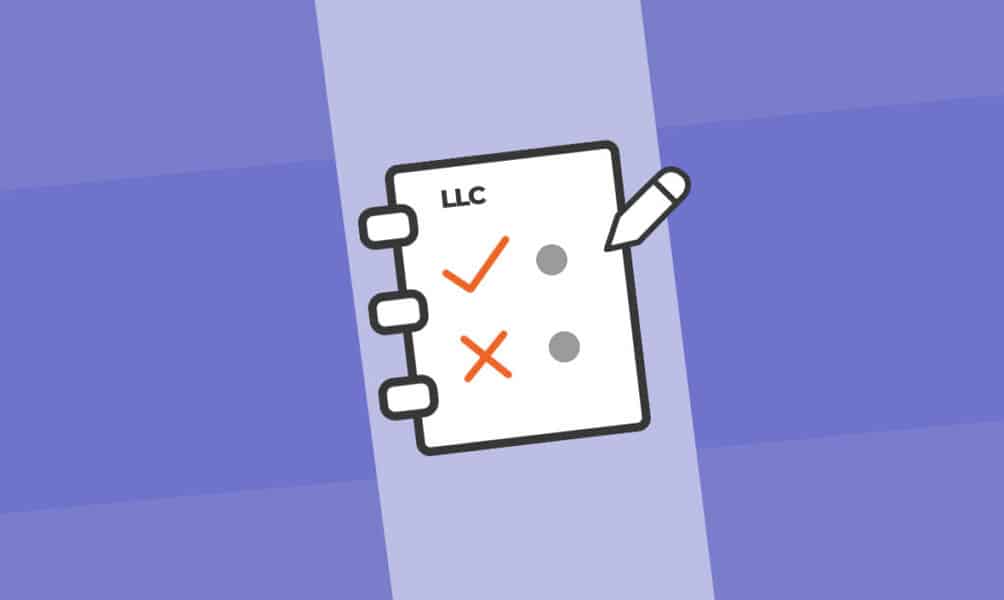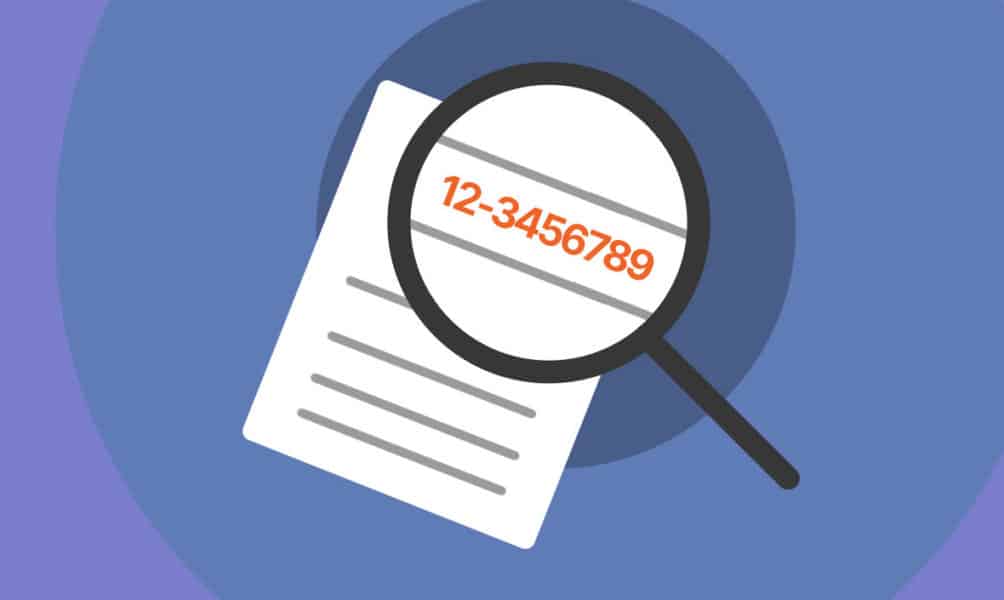If you’re starting an LLC, the business entity formation process is one of the first and most important hurdles. This step can be terribly complex ...
How to Check LLC Status
Written by: Carolyn Young
Carolyn Young is a business writer who focuses on entrepreneurial concepts and the business formation. She has over 25 years of experience in business roles, and has authored several entrepreneurship textbooks.
Edited by: David Lepeska
David has been writing and learning about business, finance and globalization for a quarter-century, starting with a small New York consulting firm in the 1990s.
Published on February 15, 2022

If you filed articles of organization with your state to form a limited liability company (LLC), you may be wondering if your LLC has been approved. The approval time varies by state but is usually no more than a few weeks. Some states approve the LLC immediately after you submit your articles of organization and pay your fee.
You will be notified by your state upon approval, usually by mail. If you have yet to receive a notification you can do a business name search on your state’s website to see if your name appears. If it does, your LLC is approved and active. If not, it has either not been approved yet, or it was rejected, in which case you should receive a notification that includes the reason for rejection.
What To Do Next
If your LLC has been approved, congratulations! However, you have a few more things to do to get your business up and running. The first thing you should do is print a copy of your articles of organization because you may need it.
1. Draft an Operating Agreement
An operating agreement is not usually required but is highly recommended. The operating agreement should clearly define the following:
- The percentage of each member’s interests in the LLC
- How profits and losses will be allocated to each member
- Each member’s rights and responsibilities
- The management structure and management roles of members
- The voting rights of each member
- Rules for meetings and voting
- What happens when a member sells their interest, becomes disabled, or dies
It’s a good idea to have an attorney’s help when creating your operating agreement to ensure you cover all bases and avoid future issues.
2. Apply for Business Licenses
It’s important to make sure you’re in compliance with all laws at the local, state, and federal levels. It’s likely, depending on your location and type of business, that you’ll need business licenses and permits. Do some research to determine which licenses you need.
3. Obtain an EIN
EIN stands for Employer Identification Number and is like a social security number for your business, allowing the IRS to identify your business easily. It is also known as a Federal Tax Identification Number (FTIN), or sometimes for corporations a Tax Identification Number (TIN). An EIN is required if your LLC has more than one member, if you plan to hire employees, or if you choose to have your LLC taxed as a corporation. The application is free and can be found on the IRS website. The application is form SS-4, and it can be mailed to the IRS or submitted electronically, and once your information on the application has been validated, the EIN is assigned immediately.
4. Open a Business Bank Account
Before you start making money, you’ll need a place to keep it, and that requires opening a bank account. Keeping your business finances separate from your personal account makes it easy to file taxes and track your company’s income. Opening a business bank account is quite simple, and similar to opening a personal one. Most major banks offer accounts tailored for businesses — just inquire at your preferred bank to learn about their rates and features. You will need your EIN and your articles of organization.
5. Get Business Insurance
Business insurance is an area that often gets overlooked yet it can be vital to your success as an entrepreneur. Insurance protects you from unexpected events that can have a devastating impact on your business. Here are some types of insurance to consider:
- General liability: The most comprehensive type of insurance, acting as a catch-all for many business elements that require coverage. If you get just one kind of insurance, this is it. It even protects against bodily injury and property damage.
- Business Property: Provides coverage for your equipment and supplies.
- Equipment Breakdown Insurance: Covers the cost of replacing or repairing equipment that has broken due to mechanical issues.
- Worker’s compensation: Provides compensation to employees injured on the job.
- Property: Covers your physical space, whether it is a cart, storefront, or office.
- Commercial auto: Protection for your company-owned vehicle.
- Professional liability: Protects against claims from a client who says they suffered a loss due to an error or omission in your work.
- Business owner’s policy (BOP): This is an insurance plan that acts as an all-in-one insurance policy, a combination of the above insurance types.

6. File Annual Reports
Your state may require you to file annual reports for your LLC, which may involve a fee. Check your state for requirements and put your annual report dates on your calendar.
7. Start Making Money!
Now you’re ready to start selling and making money. Be sure to keep up to date on annual reports and business license renewals or you could face severe penalties.
In Closing
To check your LLC status, just do a business name search on your state’s website. Chances are it will be approved pretty quickly, if it hasn’t already been. If it’s rejected, you’ll receive a notification. Usually, the reason is a simple clerical error on your articles of organization or an issue with your business name. Both can usually be easily corrected.
Subscribe to Our Newsletter
and gain insider access to cutting-edge business insights and trends.


Comments